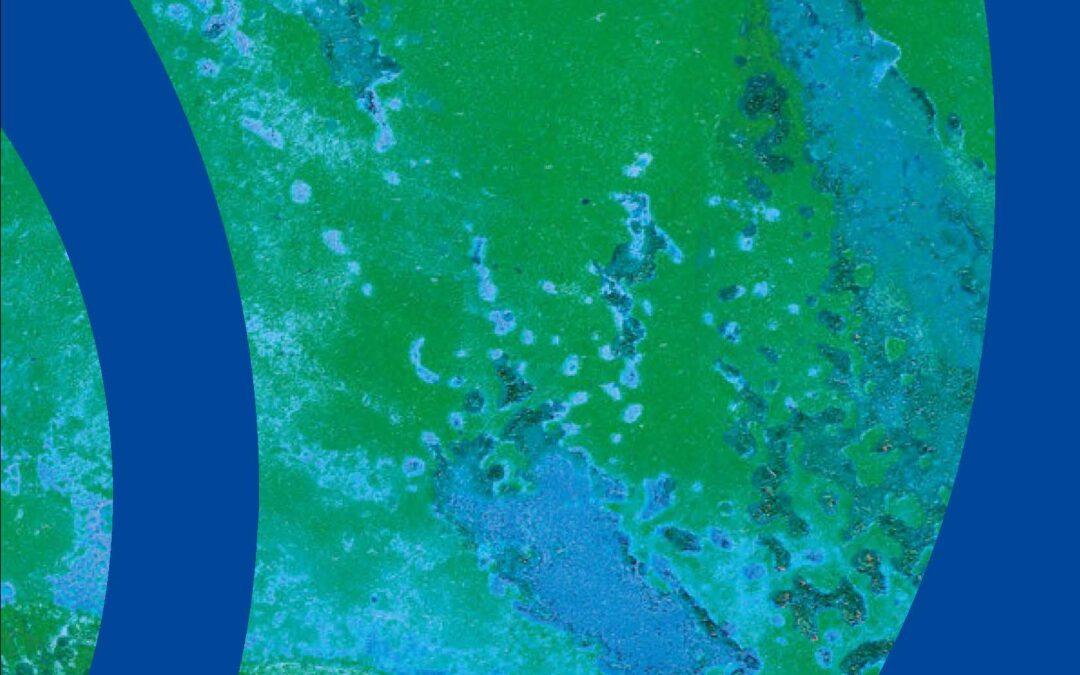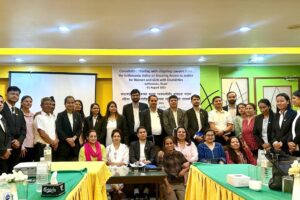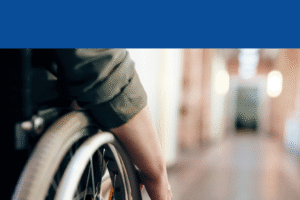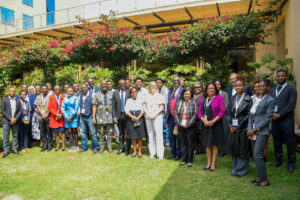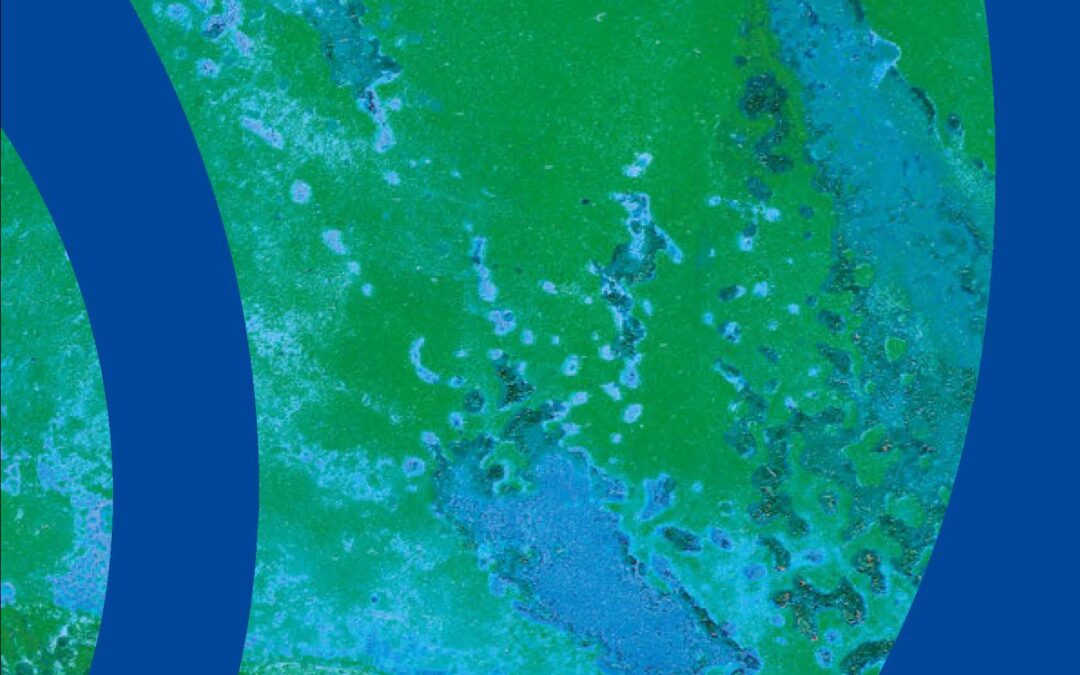
Sep 18, 2019
The ICJ has issued its Annual Report 2018, which offers a concise summary of the work carried out by the ICJ over the past year.
The ICJ’s long-standing work to uphold the international framework underlying human rights protection has never been so important as in the current climate of wholesale assault upon this framework and the very concept of the rule of law.
Many of the current challenges to human rights stem from the same issues that we have been dealing with in recent decades. However, there are also new challenges that come from States that would not have been predicted 15 years ago.
The rise of democratically elected, self-styled populist leaders who embrace and espouse authoritarian, nationalistic and xenophobic policies has led to almost unprecedented levels of licence to engage in attacks and incitement against some of the most marginalized in society, including immigrants, asylum seekers and minorities.
These leaders have also attacked human rights defenders, civil society organizations, the civilian judiciary, the media, and have arrested opposition leaders and at times have cynically used counter-terrorism laws against and military courts to try peaceful protesters.
Such practices are exquisitely antithetical to and utterly destructive of the rule of law and the rights-based system that the ICJ has sought to promote and protect over the years.
While these new challenges to human rights are particularly insidious and damaging, the ICJ is well-placed to deal with them by virtue of our unique approach which focuses on the transformative role and potential of the law, of justice institutions and of justice actors.
Our ability to influence legal and institutional reform and individual justice actors is unparalleled and this reinforces the relevance and effectiveness of the ICJ.
Accordingly, rule of law issues on the international and regional levels continued to dominate the ICJ’s core work in 2018.
As indicated in this Report, the ICJ helped to protect the European Court of Human Rights from proposed ‘reforms’ that would have undermined its ability to operate effectively, and contributed to the UN Global Compact for Safe, Orderly and Regular Migration, which recognizes the need to observe human rights in the context of large movements of peoples.
As part of our global and regional efforts to strengthen independent and accountable judicial systems, the ICJ contributed to the elaboration of the Lilongwe Principles on the Appointment of Judicial Officers and was actively engaged with the UN Global Judicial Integrity Network.
In addition, we continued our work on traditional and customary justice systems and the opportunities they offer for enabling access to justice consistent with internationally recognized fair trial standards.
Finally, it is worth noting that 2018 marked the 70th anniversary of the Universal Declaration of Human Rights.
Given the current climate, it is altogether fitting to recall and reflect on why this seminal document was adopted and why it envisions that human rights be protected by the rule of law.
Accordingly, the ICJ will continue to work vigorously to uphold the rule of law around the world, always mindful that what we do is ultimately intended to benefit all rights holders in all places and in all contexts.
Download
Universal-ICJ Annual Report 2018-Publications-Reports-Annual Report-2019-ENG (full report in PDF)
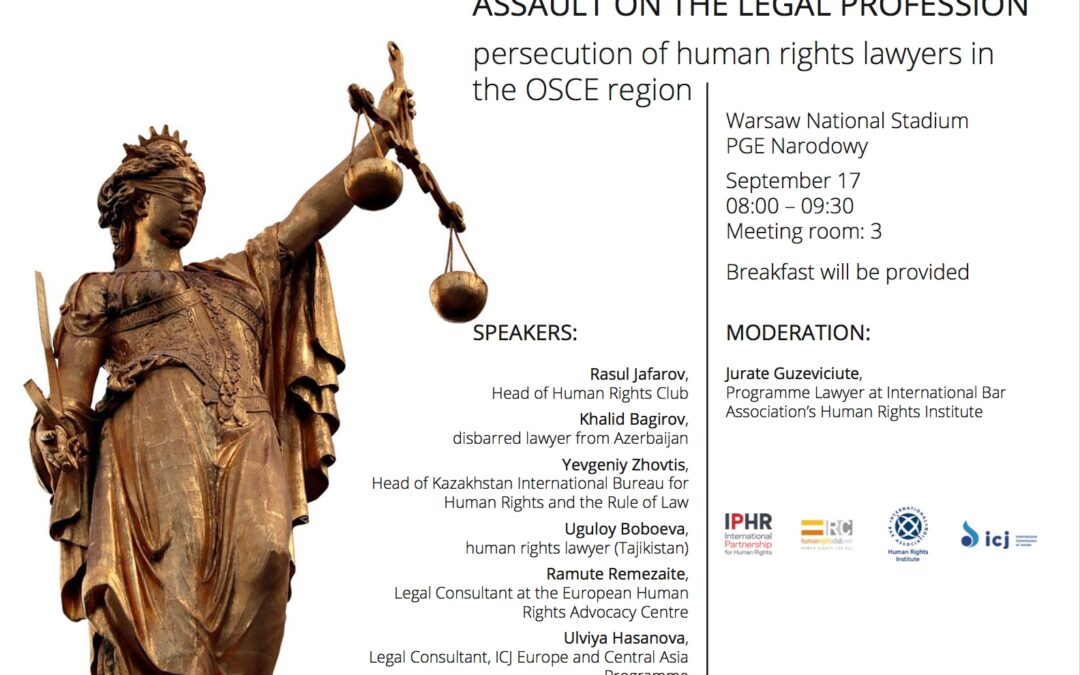
Sep 17, 2019 | Events, News
This event held in Warsaw, Poland, will provide an overview of the ongoing challenges human rights lawyers in the OSCE region are facing in their daily work.
A flyer for the event is available here.
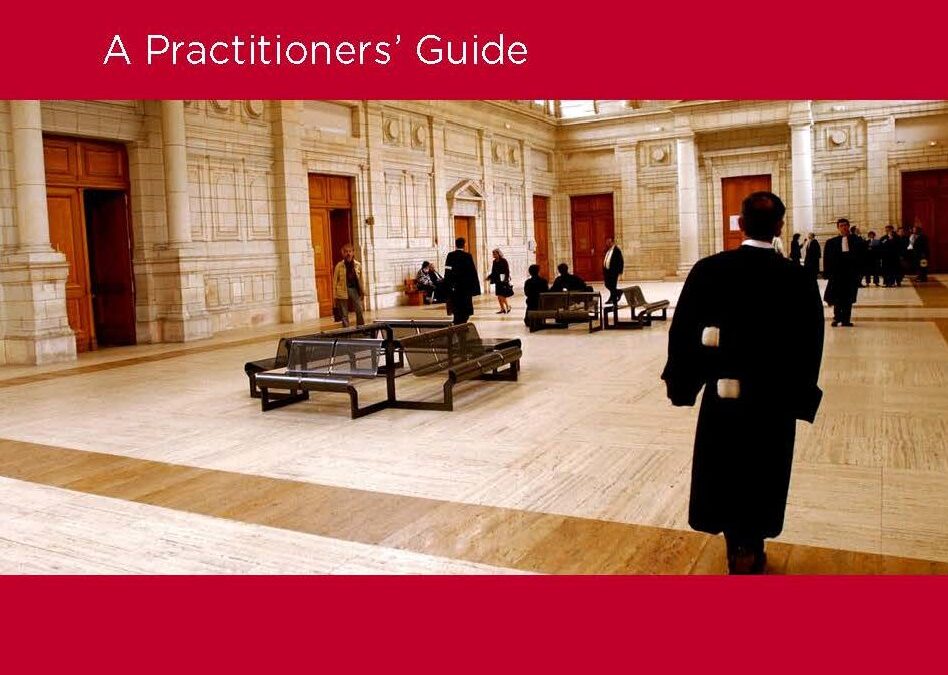
Sep 14, 2019
ICJ Practitioners’ Guide no. 14 Investigation and Prosecution of Potentially Unlawful Death aims to help legal practitioners ensure that potentially unlawful death is investigated in a manner that respects international human rights law and, where responsibility is identified, that appropriate measures of accountability ensue.
At the heart of the Guide is the Minnesota Protocol on the Investigation of Potentially Unlawful Death (2016), which was published by the Office of the United Nations High Commissioner for Human Rights (OHCHR) in 2017.
The revised Minnesota Protocol (2016) is the Revised United Nations Manual on the Effective Prevention and Investigation of Extra-legal, Arbitrary and Summary Executions, the revision of which involved expertise from the International Commission of Jurists and other leading organizations.
It is a companion document to the UN Principles on the Effective Prevention and Investigation of Extra-legal, Arbitrary and Summary Executions (1989), and sets a common standard of performance in investigating potentially unlawful death and a shared set of principles and guidelines for States, as well as for institutions and individuals who play a role in death investigations.
Topics covered by the Practitioners’ Guide include:
- Potentially unlawful death and the duty to prosecute;
- The duties of states to investigate and prosecute;
- The rights of victims’ families and of witnesses;
- General principles of forensic investigation of potentially unlawful death;
- Forensic investigation of potentially unlawful death: types of evidence and the chain of custody;
- Forensic investigation of potentially unlawful death: crime scene management and victim identification;
- Forensic investigation: the autopsy;
- The effective prosecution of individuals responsible for unlawful death;
- Specific guidance for prosecutors and defence lawyers; and
- Potentially unlawful death in armed conflict.
This Practitioners’ Guide builds on earlier Guides, especially:
– The right to a remedy and reparation for gross human rights violations – 2018 update to Practitioners’ Guide no. 2
– International Law and the Fight Against Impunity: ICJ Practitioners’ Guide no. 7
– Enforced Disappearance and Extrajudicial Execution: Investigation and Sanction – ICJ Practitioners’ Guide no. 9
– Enforced Disappearance and Extrajudicial Execution: the Right of Family Members – ICJ Practitioners’ Guide no. 10
The Practitioners’ Guide would not have been possible without the financial support of the Ministry of Foreign Affairs of Finland and was produced as part of the ICJ’s Global Accountability Initiative.
Download the full report
Universal-PG 14 Unlawful death-Publications-Reports-Practitioners Guides series-2019-ENG (PDF of English version)
Universal-PG 14 Unlawful death-Publications-Reports-Practitioners Guides series-2021-THA (PDF of Thai version)
Universal-PG 14 Unlawful death-Publications-Reports-Practitioners Guides series-2020-SPA (PDF of Spanish version
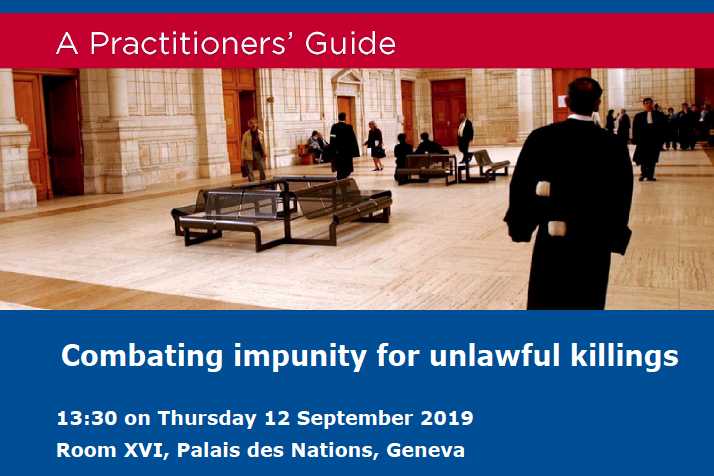
Sep 10, 2019 | Events, News
The ICJ invites you to a discussion of new tools to assist investigation and accountability for extrajudicial, summary or arbitrary executions, and other potentially unlawful deaths. The event takes place on Thursday, 12 September, 13:30, Room XVI, at the Palais des Nations in Geneva.
ICJ’s new Practitioners’ Guide No 14 on the Investigation and Prosecution of Unlawful Death helps legal practitioners ensure that investigation and accountability processes are implemented in accordance with international human rights law.
The Guide elaborates on the revised Minnesota Protocol on the Investigation of Potentially Unlawful Death (2016), a set of practical standards and guidelines that was updated by former UN Special Rapporteur on extrajudicial, summary or arbitrary executions, Christof Heyns, and published by the Office of the United Nations High Commissioner for Human Rights (OHCHR) in 2017.
The panel discussion will highlight key elements of the Protocol and Practitioners Guide, and their relevance to cases such as the 2016 killing of political commentator, Kem Ley, in Cambodia and the 2018 killing of Saudi Journalist, Jamal Khashoggi in Turkey.
Speakers
- Agnes Callamard, Special Rapporteur on extrajudicial, summary or arbitrary executions (by video conference, TBC).
- Stuart Maslen, Honorary Professor, Centre for Human Rights, University of Pretoria.
- Kingsley Abbott, Senior Legal Adviser & Coordinator of the ICJ’s Global Accountability Initiative.
Moderator
- Carolina Villadiego, ICJ Legal and Policy Adviser, Latin America
Printed copies of the ICJ’s Practitioners’ Guide No 14 on the Investigation and Prosecution of Unlawful Death will be available.
A flyer for the event is available here.
*** Room XVI is on the 5th floor of Building A, behind the Assembly Hall, accessible by the elevators at the Salle des Pas Perdus. Details here.


